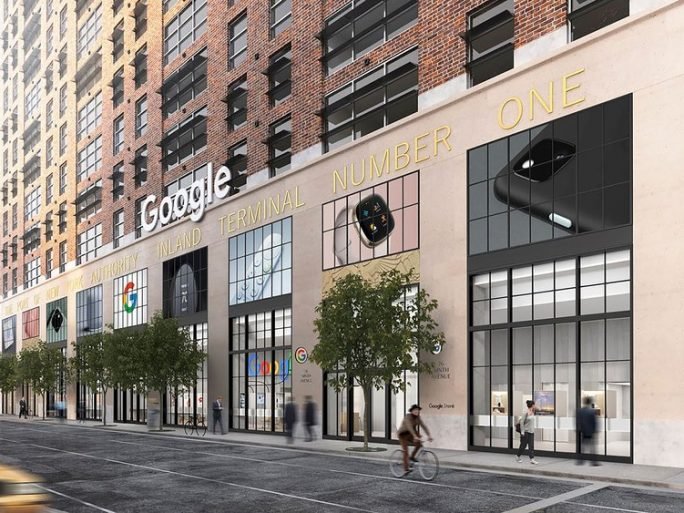In a nutshell, Google has abandoned its ambitions for next-generation augmented reality spectacles. Instead, the multibillion-dollar corporation has opted to focus on building AR software platforms. Employees at Google were allegedly dissatisfied with bosses who kept altering the project’s agenda. Samsung, Apple, and Meta are now engaged in an augmented reality (AR) hardware arms race. Google was formerly a participant in the competition, as it developed a device dubbed Project Iris. However, it looks like Google has dropped out of the contest after cancelling the project.
Details regarding Project Iris initially surfaced in a January 2022 story from The Verge. The item was characterized as an augmented reality device that looked like a pair of ski goggles. However, that exact gadget was a distinct AR project launched earlier this year in collaboration with Samsung. The true Project Iris was a line of goods that resembled a pair of spectacles.

There were several reasons why Google’s next-generation AR glasses failed. Here are some of them:
- Privacy anonymity: One of the most serious fears about Google Glass was the possibility that it will be utilised to compromise people’s privacy. Some individuals were concerned that the glasses, which contained a camera that could record video and take images, might be used to discreetly record others against their knowledge or agreement.
- High Price: Google Glass was also quite pricey, putting it out of reach for numerous individuals. The first iteration of Google Glass cost $1,500, while the second generation cost $1,299.
- Limited functionality: The original iteration of Google Glass included just a few capabilities. It could only show notifications, maps, and basic information. Google Glass’s second edition offered more functions, but it nonetheless was not as powerful or adaptable as other AR headsets on the market.
Because of these issues, Google Glass never truly took off with customers. Google abandoned the consumer version of Google Glass in 2015 and turned its attention to creating augmented reality technologies for companies. Google, on the other hand, continues to operate with AR eyewear. In 2022, the corporation was said to be testing a new prototype of AR glasses with a small group of consumers. Google might produce a new generation of AR glasses for customers in the future, but it’s too early to tell.
Here is some more information concerning Google Glass’s privacy problems and exorbitant price:
- Google Glass’ camera might be used to record individuals without their knowledge or consent. Concerns were expressed about individuals being surreptitiously videotaped in public spaces such as restrooms and locker rooms.
- Google Glass has also been chastised for serving as a status symbol. Some thought the spectacles were a way for people to flaunt their money and status. As a result, the spectacles became even more costly and out of reach for the majority of people.

Despite the difficulties that Google Glass had, it is still regarded as a pioneer in the realm of AR eyewear. Google Glass technology has been used in various augmented reality products, such as the Microsoft HoloLens and the Magic Leap One. Google’s future AR glasses may be more successful than the initial iteration of Google Glass. However, if Google wants to make its glasses more appealing to customers, it must solve privacy issues and the hefty price.
On another note, Iris was meant to be sold separately by Google. Google purchased North, a Canadian smart glasses company, in 2020 to help in the development of its next-generation Google Glass replacement. It even showed the device’s translation skills in public.
For more such updates, keep reading techinnews




